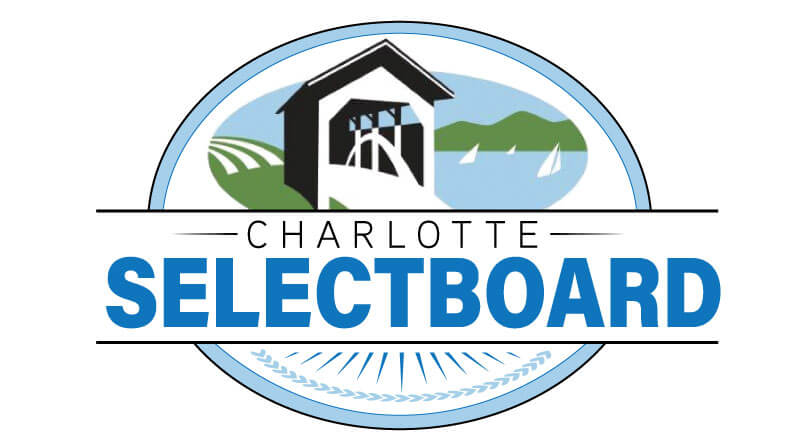Selectboard begrudgingly passes cannabis application
Was a motion to approve a cannabis cultivation license voted on or tabled?
This issue inserted a conundrum into an already confusing application process.
On March 27, the Charlotte Selectboard debated whether it had voted on a cannabis cultivation application at its March 13 meeting, or if board member Kelly Devine’s motion had died for lack of a second.
Devine insisted the board did vote on her motion to approve the application and defeated it 4-1 with hers the only vote in support.
Board member Frank Tenney was just as insistent that her motion died without a second. This newspaper asked at that meeting if the motion had been voted on and what the vote tally was. A couple of members of the board said the motion was defeated 4-1.
Here’s what happened at the March 13 meeting: After Devine made her motion, there was silence as the members waited for one of them to second it.
Their reluctance to respond was most likely due to their frustration with state restrictions on the towns’ participation in approving applications. Most of the selectboard members expressed their resentment that the state’s regulations give them little authority over the application process.
After a long pause, on a recording, Tenney can be heard saying, “As much as I hate the process that’s happened, I don’t think it’s right to hold it up.”
To which member Lewis Mudge says, “Well, then second the motion.”
Very clearly, Tenney says, “I’ll second the motion.”
But it’s not as cut and dried as that because when chair Jim Faulkner asks for all those who support Devine’s motion to say “aye,” there’s another long silence. On the recording, not even Devine can be heard saying “aye.”
 Finally, Devine asks, “So, everyone else is a nay?” This seems to indicate that she thought she had cast an “aye” vote. Although she can’t actually be heard casting her vote on March 13, Mudge said at the March 27 meeting that Devine had voted in favor of her own motion by putting her hand up.
Finally, Devine asks, “So, everyone else is a nay?” This seems to indicate that she thought she had cast an “aye” vote. Although she can’t actually be heard casting her vote on March 13, Mudge said at the March 27 meeting that Devine had voted in favor of her own motion by putting her hand up.
When the board couldn’t agree on what had happened, Mudge joked that they would figure out what had transpired, and that “one of us is going to buy the other a Coke.”
It sounds like Tenney is in arrears for at least one soft drink.
Needless to say, the process of approving applications for cannabis cultivation in Charlotte is almost as confusing as trigonometry — right now. Unlike trigonometry, there may be hope for the process becoming less perplexing.
A couple of applications were submitted before the selectboard voted to give itself the authority to convene as the town’s cannabis control commission to consider applications. The planning commission is also working on changes to land-use regulations covering the cannabis cultivation application process.
Ultimately, the board decided on March 27 that the question of whether a vote had been cast or a motion had failed for want of a second at the previous meeting was a moot point. Either way, it was still an issue on the board’s plate.
“I’m wondering since it wasn’t approved, but it wasn’t denied, if the selectboard could just make a motion and not worry about what happened last time,” town administrator Dean Bloch said.
The board agreed that this made the most sense. Then Tenney made a motion to approve an application from Vermont Cultivars for cannabis cultivation.
The application was already approved by the former zoning administrator, and the appeal period passed without an appeal being submitted, Faulkner said, “so, no matter what we think about it or want to do about it, it’s a done deal.”
Mudge said he would vote against the application because the process is “Kafkaesque,” invoking the Bohemian writer whose stories have come to be seen as the epitome of bizarre and confusing situations which people feel powerless to understand or control.
“It represents everything that’s wrong, in my opinion, with some of the things coming out of Montpelier,” Mudge said.
He once again expressed his displeasure that the board was being required to consider an application whose location it cannot disclose, according to the state.
However, in the end, the motion to approve the application passed — this time 3-2, with Mudge and Louise McCarren voting against it.
Related Stories
Popular Stories
If you enjoy The Charlotte News, please consider making a donation. Your gift will help us produce more stories like this. The majority of our budget comes from charitable contributions. Your gift helps sustain The Charlotte News, keeping it a free service for everyone in town. Thank you.
Andrew Zehner, Board Chair




